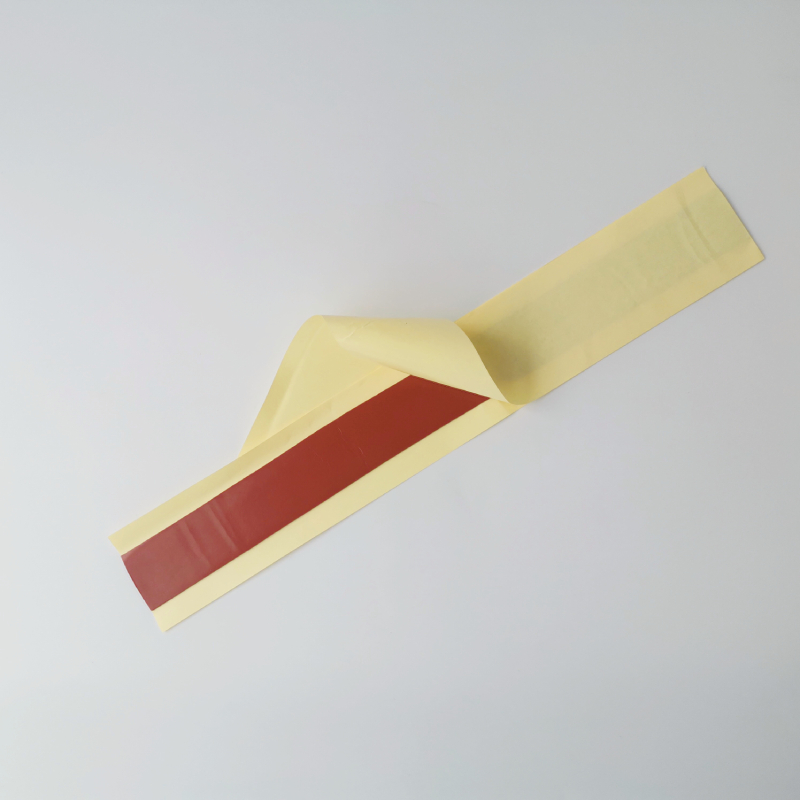The Role of Cotton Tape in Electrical Insulation
Electrical insulation is a critical aspect of electrical engineering, ensuring the safe and efficient operation of electrical devices and systems. Among the various materials used for electrical insulation, cotton tape has emerged as a significant player, particularly in specific applications that require a combination of flexibility, durability, and thermal resistance. This article delves into the properties and advantages of cotton tape for electrical insulation, its applications, and some considerations for its use.
Properties of Cotton Tape
Cotton tape is primarily made from cotton fibers, which are known for their insulating properties. One of the foremost advantages of cotton is its excellent dielectric strength, which allows it to resist electrical currents effectively. This property makes cotton tape an ideal choice for insulating wire and cable systems in numerous electrical applications.
Additionally, cotton tape boasts remarkable thermal resistance, allowing it to withstand a range of temperatures without degrading. This characteristic is crucial in environments where electrical components generate heat, as it ensures that the insulation remains effective and does not melt or deform. Moreover, cotton tape is highly flexible, enabling it to conform to the shapes of irregular surfaces, making it suitable for diverse applications.
Another appealing quality of cotton tape is its eco-friendliness. As a natural fiber, cotton is biodegradable and less harmful to the environment compared to synthetic insulation materials. This can be a significant factor for industries looking to reduce their carbon footprint and adhere to sustainability practices.
Applications of Cotton Tape in Electrical Insulation
Cotton tape is used in various applications across multiple industries. In the realm of electrical engineering, it is commonly employed for insulating wires, transformers, and motors. The tape is particularly popular in the manufacturing of custom electrical assemblies, where designers require a flexible and reliable insulating material that can be tailored to specific needs.
cotton tape for electrical insulation

In addition to electrical insulation, cotton tape has applications in lighting and automotive industries. For instance, it may be used to wrap wires in lighting fixtures or to insulate components in automotive electronics. Furthermore, due to its aesthetic appeal, cotton tape can be utilized in applications where visual appearance is essential, providing not only insulation but also a finished look.
Cotton tape is also a viable option for repairing damaged electrical insulation. In situations where wires or cables have suffered from wear and tear, wrapping the area with cotton tape can restore electrical safety without the need for expensive replacements. This feature highlights the tape's versatility as both a preventative and remedial tool in electrical maintenance.
Considerations for Using Cotton Tape
While cotton tape offers numerous advantages, it is vital to consider some factors before implementing it in electrical insulation. One significant consideration is moisture absorption. Being a natural fiber, cotton can absorb moisture, which may compromise its insulating properties and lead to potential electrical failures. Therefore, it is essential to ensure that the environment where the cotton tape is applied remains dry or that protective coatings are used to mitigate moisture risks.
Additionally, although cotton tape has good thermal resistance, it may not be suitable for extremely high-temperature applications. Engineers must evaluate the specific requirements of their electrical systems to determine if cotton tape is the most appropriate choice or if other materials, such as silicone or PVC insulation, may be more suitable.
Conclusion
Cotton tape for electrical insulation represents a unique solution that combines effectiveness, flexibility, and environmental consciousness. Its properties make it suitable for a wide range of applications, from custom electrical assemblies to repairs in various industries. By understanding the advantages and considerations involved in using cotton tape, engineers and technicians can make informed choices, ensuring safe and efficient electrical installations while contributing to more sustainable practices. As technology and environmental awareness continue to evolve, the relevance of materials like cotton tape in electrical insulation will likely endure and grow.
-
XIANGFAN Rubber Tape-Ultimate Solutions for All Your Insulation NeedsNewsJun.24,2025
-
XIANGFAN Rubber Tape-Protection for Industrial and Residential ApplicationsNewsJun.24,2025
-
XIANGFAN Rubber Tape: Superior Safety and Sealing for Demanding EnvironmentsNewsJun.24,2025
-
XIANGFAN Rubber Tape: Reliable Solutions for Every Electrical ChallengeNewsJun.24,2025
-
XIANGFAN Electrical & Industrial Tape: Powering Reliability Across IndustriesNewsJun.24,2025
-
XIANGFAN Electrical & Industrial Tape: Excellence in Every ApplicationNewsJun.24,2025
